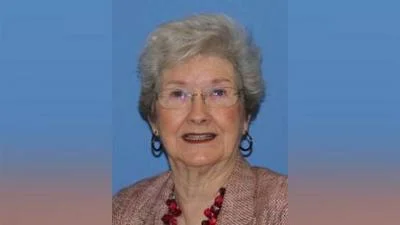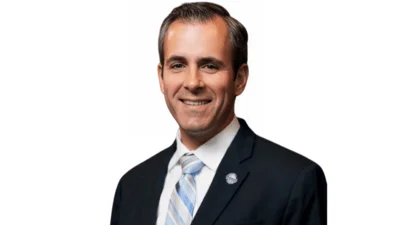Rep. Keith Wheeler (R-Oswego) took the opportunity during a press conference to speak out on how lawmakers do not follow the state budget process, saying that in his three years on the Appropriations-General Services Committee, the group discussed one line item for one only department.
“That’s it, the rest has just been taking testimony,” Wheeler said at the impromptu press conference Tuesday with Rep. Peter Breen (R-Lombard) that focused on a three-bill tax-reform plan the two proposed.
By authorizing tax credits based off the Invest in Kids Act to individuals who donate to public school foundations, the first bill would offset the $10,000 cap on state and local tax deductions now required in the newly imposed federal government's Tax Cuts and Jobs Act of 2017.

“First let me say thank you to Rep. Breen and other members of our caucus who are stepping up to try and lead on an initiative that is actually kind of tough right now because we have a unique situation in Illinois,” Wheeler said.
The second bill expands the college savings 529 program called Bright Start, allowing for more conformity in the federal plan for the use of K-12 education and disabled services funds.
“While we work toward reform in Springfield, which is a struggle in the three years of being here, we have to do something to protect the taxpayers that we have now,” Wheeler said.
The third bill would eliminate a solo business from having to take out unemployment insurance unless the commerce hires more than one employee.
Along with the package, Wheeler said "in following a theme he has presented many times before," he wants the House to start the budget process with a revenue estimate.
“If you look and see the Senate already took that up in their budget process and passed a revenue estimate and in the House we just dropped it, which means we have never actually followed a budget process any single year since Peter and I have been in office,” Wheeler said.
He said the lack of such a process “reflects very much in how we run this entire government as a state. ... We take the things that are convenient and do those, but then we skip the things that make it harder.”
Breaking it down step-by-step, Wheeler said if officials followed a process in which they outlined a revenue estimate, removed all above-the-line expenses out of the equation and divided them up into the different appropriations committees and then discussed the figures within each committee, they would see a successful budget.
“That hasn’t happened since I have been here,” Wheeler said.






 Alerts Sign-up
Alerts Sign-up